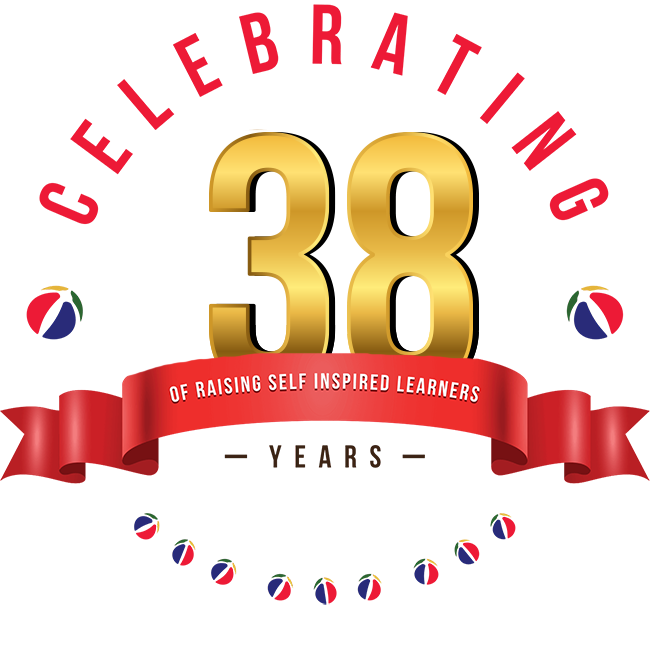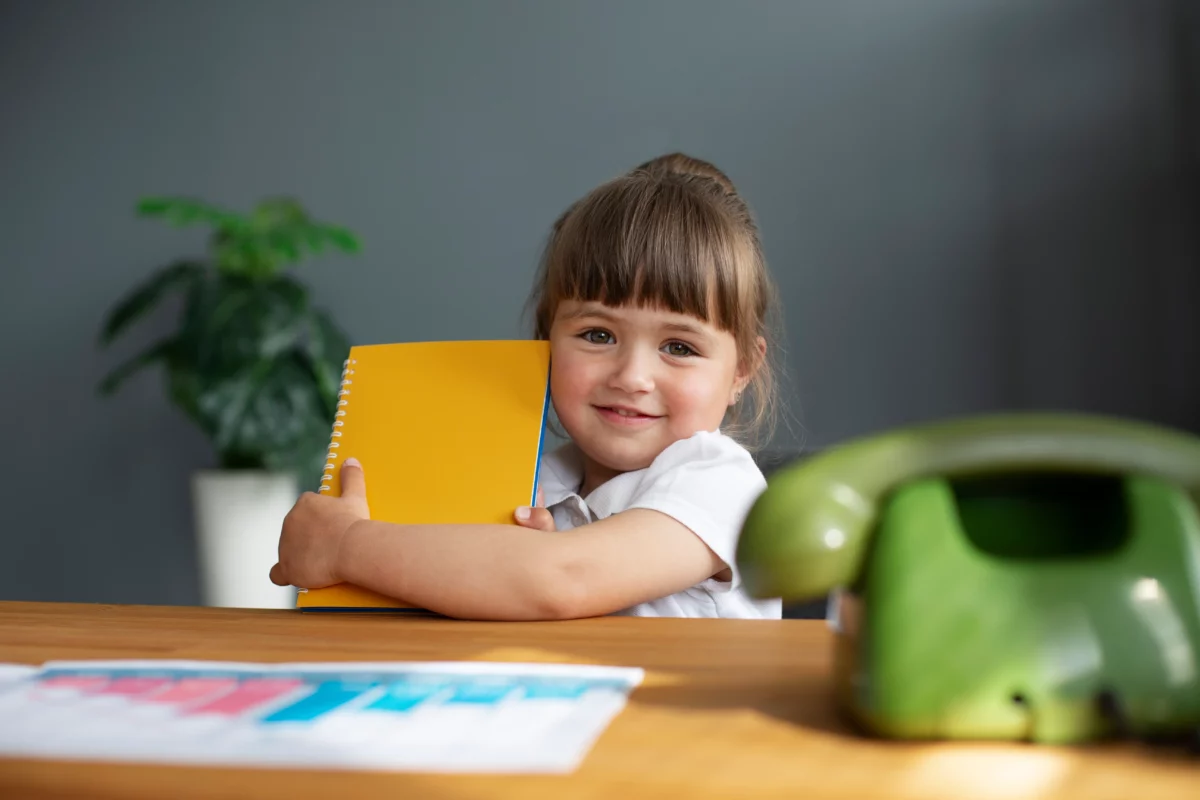Introduction
Educating young minds is a task that requires creativity and innovation. Pre-K 3 schools in Houston, like Montessori Schools of Downtown, are adopting modern teaching methods to create a comprehensive learning environment. One such method is incorporating quick poetry lessons. Poetry is an art form that has the ability to inspire, motivate, and educate young learners, nurturing their linguistic abilities and creative expression. In this blog, we explore how early learners can benefit from quick poetry lessons.
Enhancing Vocabulary and Linguistic Skills
Poetry exposes children to a rich vocabulary. Children at Pre-K 3 schools in Houston encounter new words in poems, which naturally pique their curiosity. For instance, Montessori Schools of Downtown employs simple rhyming poems, exposing children to similar sounding words. This encourages them to ask questions and learn the meanings and usages of new words.
Legendary poet Langston Hughes once said, “Poetry is the human soul entire, squeezed like a lemon or a lime, drop by drop, into atomic words.” Poetry helps children grasp language at its most distilled, and they learn to appreciate words for their sounds and textures.
Encouraging Creative Expression
Poetry is a gateway to creativity. When children at Pre-K 3 schools in Houston engage in poetry, they learn to express their emotions and ideas creatively. For instance, a child can pen down a poem about a raindrop racing down a window, which not only demonstrates observation skills but also imagination.
American poet Robert Frost famously noted, “Poetry is when an emotion has found its thought and the thought has found words.” When children are encouraged to express their emotions through poetry, they cultivate an understanding of themselves and their surroundings.
Developing Social and Emotional Learning
Poetry has the capacity to evoke emotions and empathy. Through poems, children can relate to characters and experiences, building emotional intelligence. A study conducted by the National Literacy Trust in 2013 revealed that children who read and write poetry are more likely to have higher levels of self-esteem and overall well-being.
In Pre-K 3 schools in Houston like Montessori Schools of Downtown, children may read poems about sharing or kindness, which in turn teach them values and virtues in an engaging way.
Improving Memory and Cognitive Skills
Memorizing poems can be a fun exercise that enhances children’s memory and cognitive skills. In the classic Montessori “Three Period Lesson,” children are encouraged to listen, recognize, and recite. By applying this to poetry, children develop the ability to remember sequences and patterns, which is beneficial for mathematical skills and problem-solving.
Cultivating an Appreciation for Rhythm and Music
Poetry is inherently musical. The rhyme and rhythm found in poems are similar to the elements found in music. American author Maya Angelou once said, “Music was my refuge. I could crawl into space between the notes and curl my back to loneliness.” In Pre-K 3 schools in Houston, poems with a strong rhythm and rhyme scheme can be used alongside musical instruments to help children connect sounds with movements.
Building Cultural Awareness
Poetry from different cultures can be an essential tool for teaching children about diversity. Children at Montessori Schools of Downtown are exposed to poems from different countries, helping them to appreciate various cultures and traditions.
Final Thoughts
Incorporating poetry in the curriculum of Pre-K 3 schools in Houston is an innovative and effective method of teaching. The multifaceted nature of poetry nurtures early learners in numerous ways, from building a rich vocabulary to developing social and emotional intelligence.
At Montessori Schools of Downtown, quick poetry lessons are an integral part of the learning experience. The skills acquired through these lessons are not only academically beneficial but are invaluable assets that the child carries through life.
By embracing the beauty and art of poetry, we can offer our children a world rich in language, creativity, empathy, and understanding. As Plato once said, “Musical training is a more potent instrument than any other because rhythm and harmony find their way into the inward places of the soul.”


